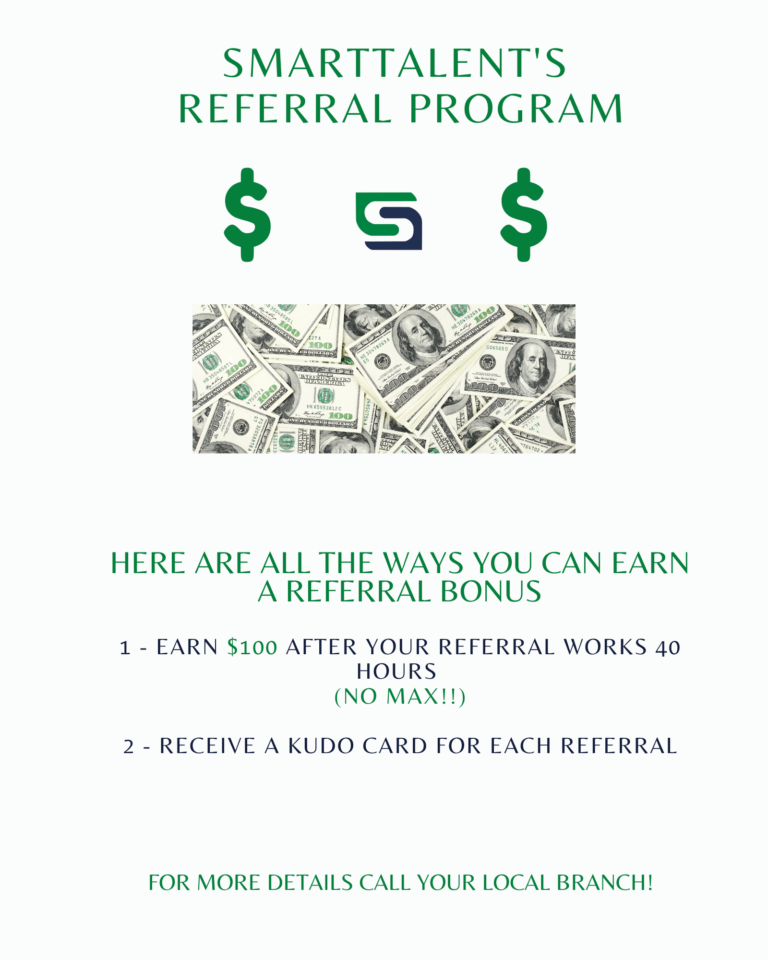Mastering the Art of Resume Writing: Key Components for Success
If you’re looking for a new job, you’ve likely taken a little time to review your resume, maybe even writing a few different versions to appeal to different potential employers.
But you also want to make sure your resume doesn’t get shifted into the pile. You want to stand out! Your resume needs to be good enough to catch the attention of the person who decides which candidates come in for an interview and who has to keep looking.
Here are some of the key components your resume must have in order to help yourself get noticed.
- A nice, cleanly organized look. This is not the time for glitter, emojis, artsy fonts, or other distracting decorations. You want a simple, bulleted list of your work experience, education, qualifications, and certifications (if applicable) in an easy-to-read font, evenly spaced from top to bottom, with your name and email address centered on top. It doesn’t need to be extravagant; you want it to be direct and easy to comprehend while appealing to the eye.
- Relevant work experience. If you’re new to the working world, you might not have a lot of information to provide as far as previous employment, but make the most of what you do have! HR representatives want to see what you know and what you’ve done; they want to see if your experience matches what they’re looking for in terms of both time and job requirements. List your previous employers in reverse chronological order, with the most recent job on top, followed by the employer where you worked before that just beneath. As you gain experience, there might come a time when you don’t need to list every single employer you’ve ever had, and you should use your best judgment on what to exclude. Be sure to include and highlight any relevant work experience that matches the job you’re applying for!
- Educational background. As you progress in your career, HR representatives will be looking at where you earned your degree, with relevant coursework included along with any honors or special distinctions you have picked up along the way. If you have vocational training, that belongs here as well! Any honors you’ve received for your academic or vocational education should also be included to help distinguish your training.
- Keywords. When preparing your resume, make sure it includes words that are used in the job description. Keywords can help you start laying the groundwork to be noticed by the person responsible for screening incoming resumes and applications, but companies are also starting to embrace automation software that will scan resumes and cover letters for words and phrases that match the job description. You want to incorporate these words naturally, not just sprinkled in like corporate buzzwords that don’t make sense. But be sure to use them as appropriate and needed to help make the case that you’re a candidate worth considering.
- List of skills. In addition to your work experience and your educational background, you also want to list any and all skills you’ve picked up in your career. Even if it might not seem relevant to the job you’re applying for, you want to let your potential employer know all the things you can do, all the software you’re comfortable and familiar with, and all the special knowledge you have. The job you’re applying to right now might not require, say, social media experience or video editing, but if you’re comfortable with those skills, it might be something that can become your responsibility later. If you’re really enthusiastic about a skill you’ve picked up on your own, that also signals to your potential employer that you’re a person who takes initiative and has ambition, and those are very attractive qualities!
Before sending off your resume, make sure you have someone else read it and that it’s been run through a spelling and grammar check to eliminate any errors you might not notice. Once you’re happy with the layout, contents, and readability, it’s time to hit send.
If you’re looking for other advice, or if you need a little help finding jobs to apply to, contact SmartTalent. We partner with great companies who are looking for people with your experience and background, and we’d be happy to help put you in touch! Take a look at the jobs we have available, then give SmartTalent Staffing a call to get started on the next phase of your career.








